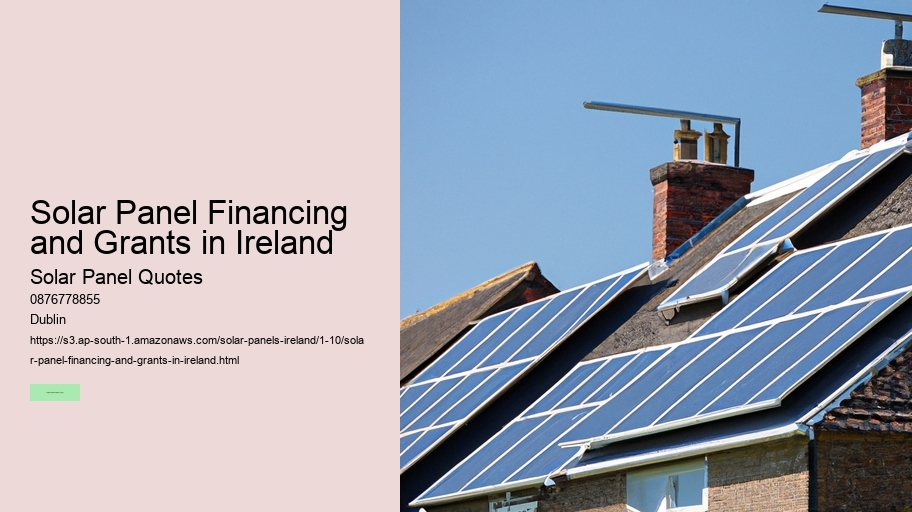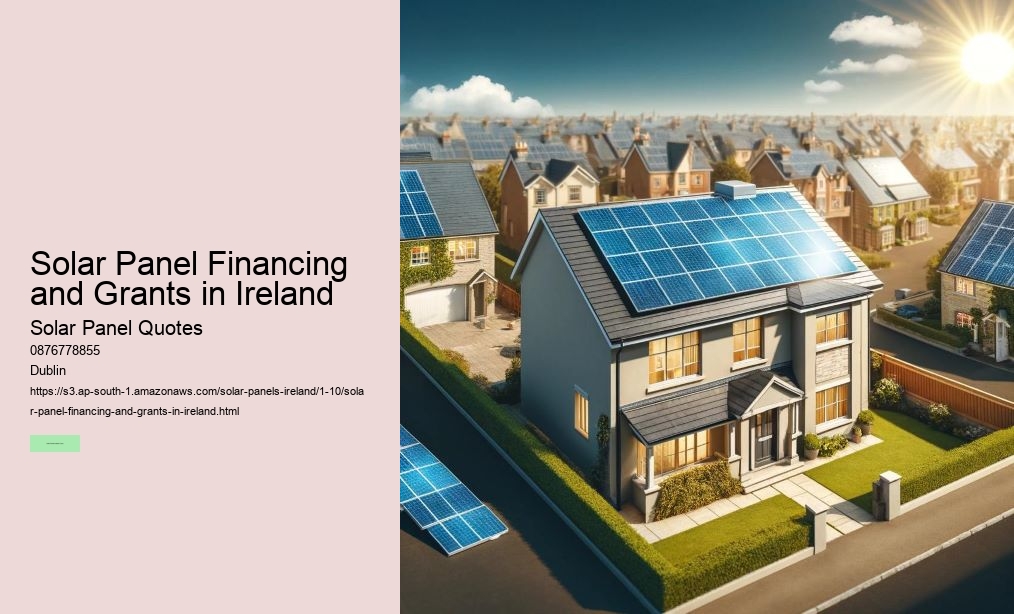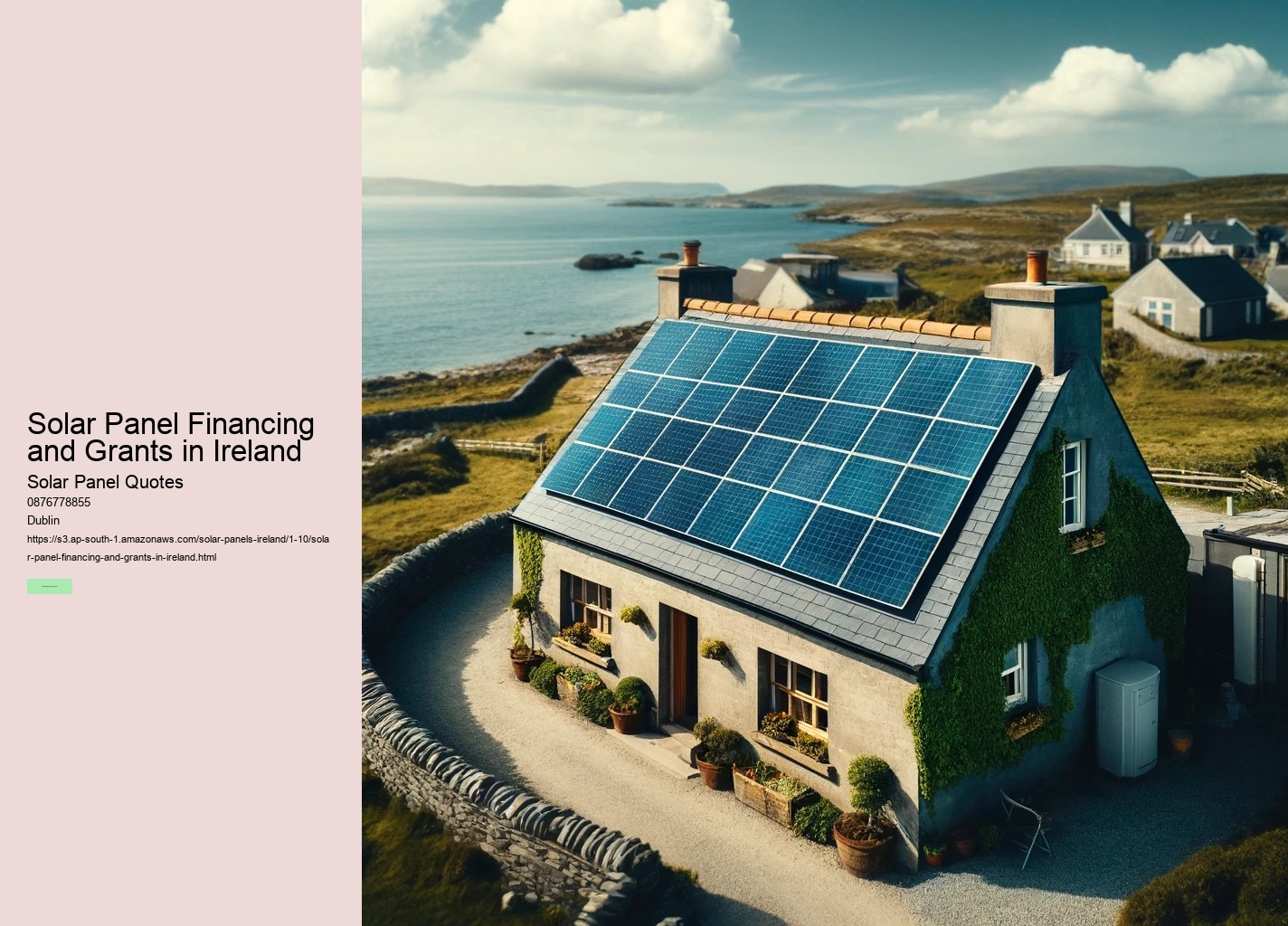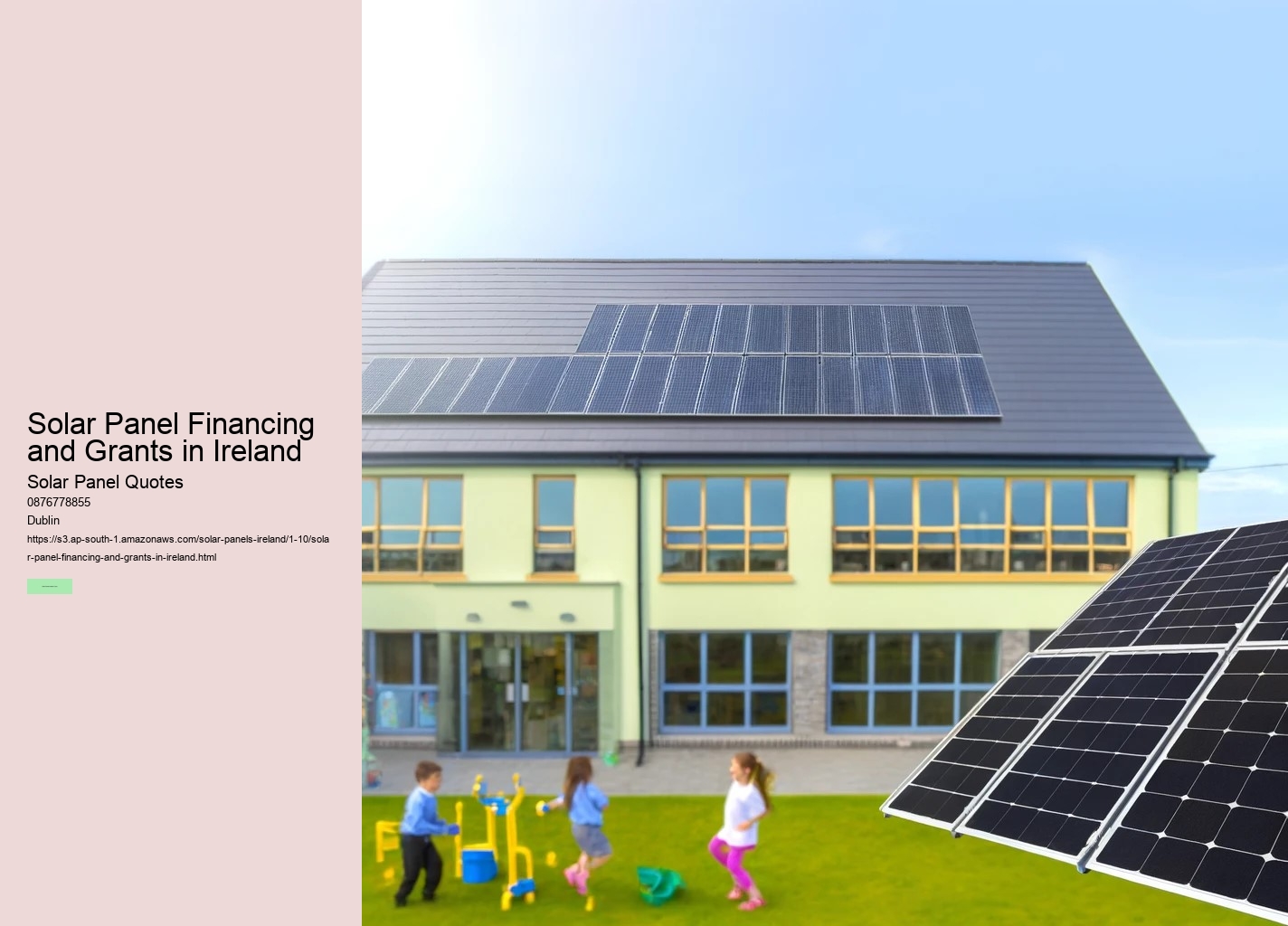

Monocrystalline silicon panels, with their high efficiency and sleek appearance, are ideal for smaller rooftops or those looking for maximum output. These systems are now more efficient, durable, and adaptable to various climatic conditions, including Ireland's. Solar thermal energy systems, for example, can provide solar water heating, reducing the need for gas or electric heating.
Moreover, energy storage systems mitigate fluctuations by storing surplus power for later use. These systems often integrate with boilers and smart meters to optimize energy use.
After the payback period, households benefit from up to 20 years of free electricity, significantly reducing the cost of electricity by source over the system's lifespan. By producing their own electricity, households reduce dependence on the national grid and avoid fluctuations in electricity prices.
Thin-film solar cells, though less common, may provide a more cost-effective option for specific installations. looking for the cheapest solar panel ireland cost then checkout solar panel quotes. Energy storage solutions, such as rechargeable batteries, are a valuable addition to solar panel systems.
Look for providers with certifications from the SEAI and a proven track record of installations. Financial support is available through the Sustainable Energy Authority of Ireland (SEAI), offering grants of up to €2,400 for solar panel installations. The payback period for solar panels in Ireland is typically between five and seven years.
With the installation of a smart meter, homeowners can track their energy production and consumption, optimizing the system's financial returns. Thin film solar cell Understanding the various factors that influence costs, available financial supports, and the long-term savings helps homeowners make informed decisions.
Modern rechargeable batteries are scalable, enabling homeowners to start small and expand as needed. It allows homeowners to store excess electricity generated during the day for use during the night or in periods of low sunlight.
For homeowners, investing in solar panels is more than just a financial decision-it's a commitment to sustainability and energy independence. Most systems come with warranties covering 20 to 25 years, providing long-term support and assurance for homeowners.
Advanced systems allow for seamless integration with hybrid vehicles and electric vehicle battery chargers, making them a smart investment for homes transitioning to sustainable energy. Solar panels are a long-term investment with a lifespan of 20 to 25 years or more. This process, supported by feed-in tariffs, not only rewards homeowners financially but also strengthens the country's renewable energy infrastructure.
For instance, monocrystalline silicon panels, known for their higher efficiency, are often preferred despite their higher cost compared to polycrystalline silicon options. By integrating solar thermal energy with your setup, you can further reduce household energy consumption while enhancing sustainability.
Additionally, they support the heating of water for domestic use, further reducing overall energy consumption. Solar Panel Ireland Cost: A Comprehensive GuideWhen talking about solar panel installation in Ireland, understanding the costs and benefits is essential for anyone considering a move to renewable energy.
The combination of reduced electricity bills, environmental benefits, and increased property value makes solar energy an attractive choice for homeowners and businesses alike. For homeowners and businesses in Ireland, solar panels provide an effective way to achieve energy independence, lower costs, and contribute to a more sustainable planet.


The microgeneration of solar power also enables homeowners to feed excess electricity back into the grid, earning credits through Ireland's feed-in tariff system. Options range from small systems suitable for basic needs to larger setups capable of supporting extensive energy storage. Thin-film solar cells, though less commonly used, are an option for unique installations or areas with lower sunlight exposure.
With a smart meter installed, households can monitor energy production, consumption, and export rates, maximizing the financial benefits of their solar systems. Advances in solar technology, including improved cell designs and materials, further enhance reliability and performance.
With the continued rise in electricity prices in Ireland, solar energy offers a reliable and cost-effective alternative to traditional energy sources. Rechargeable batteries allow homeowners to store excess energy generated during the day for use at night or during periods of low sunlight.
When discussing the cost of electricity by source, it's clear that solar energy offers a competitive edge. These batteries can also provide backup power during grid outages, ensuring reliability and reducing dependence on the electrical grid.

These measures reflect Ireland's commitment to sustainable development and encourage more homeowners to transition to renewable energy. Solar water heating systems, for instance, use thermal solar collectors to heat water, reducing the reliance on electric heating or gas boilers. This process, supported by feed-in tariffs, enhances the overall sustainability of the country's power system.
By investing in solar energy, homeowners contribute to the planet's well-being while positioning their properties as forward-thinking and environmentally responsible. Monocrystalline panels are highly efficient and durable, while polycrystalline panels offer a more budget-friendly option without compromising too much on efficiency.
A standard solar panel system can reduce household electricity bills by up to 70%, depending on energy consumption and sunlight availability. Solar power also plays a crucial role in Ireland's overall energy development strategy.
This aligns with global efforts to combat climate change and promote sustainable living. These systems are particularly useful for homes aiming to minimize reliance on the electrical grid.

Solar energy also supports sustainable living by minimizing your carbon footprint and promoting renewable energy. feed-in tariff These systems work seamlessly with electric heating solutions, hybrid vehicles, and even solar water heating systems to deliver a comprehensive approach to energy sustainability. This financial support aligns with Ireland's commitment to sustainable development and environmentally friendly practices, encouraging more people to adopt solar energy solutions.
This time frame reflects the savings from reduced electricity bills and income generated from exporting surplus energy back to the grid through the Microgeneration Support Scheme. Although batteries increase initial costs, they enhance the system's efficiency and long-term value.
Maintenance of solar panels is straightforward and cost-effective. The installation cost depends on various elements, including the number of panels required to meet your household's energy consumption, the type of solar panels used, and optional features like energy storage.
These systems are especially valuable during power outages, ensuring continuous energy availability. The Sustainable Energy Authority of Ireland (SEAI) offers grants of up to €2,400 for solar PV installations, while the removal of VAT on solar panels since May 2023 further reduces upfront costs.
Ireland's feed-in tariff system provides compensation for surplus energy, which is credited via smart meters. Solar thermal collectors can reduce reliance on electric heating or gas boilers, providing an efficient solution for water heating. Solar panels offer additional value by increasing property attractiveness and market value.
While not mandatory, a rechargeable battery or home energy storage system can significantly enhance the functionality of a solar panel installation. This added value aligns with global trends in efficient energy use and sustainable living.
This increased property value complements the energy cost savings and supports long-term sustainability goals. Solar panels also contribute to property value.
Solar panels have become an increasingly popular choice for homeowners and businesses looking to reduce their electricity expenses and contribute to sustainable energy development. Solar power can also be used in conjunction with other energy-efficient technologies, such as electric vehicles, to further reduce household energy consumption and carbon emissions.

Solar panels require minimal maintenance, primarily involving regular cleaning and periodic checks to ensure they are functioning optimally.
Solar panels typically pay for themselves within 5 to 7 years in Ireland through savings on electricity bills.
Solar panels require minimal maintenance, primarily involving regular cleaning and periodic checks to ensure they are functioning optimally.
Yes, the Irish government offers several incentives, including SEAI grants and a reduction in VAT on solar equipment to promote solar energy adoption.
Yes, there are several financing options available in Ireland for solar panel systems, including loans, leases, and Power Purchase Agreements (PPAs).
Monocrystalline solar panels offer high efficiency and longevity, making them ideal for maximizing output in areas with limited space.
Monocrystalline solar panels offer high efficiency and longevity, making them ideal for maximizing output in areas with limited space.
The average cost of installing solar panels in Ireland ranges from €6,000 to €18,000, depending on the size and specifications of the system.